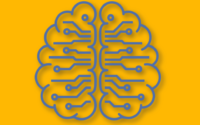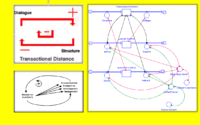
Student Perceptions of Open Pedagogy: An Exploratory Study
With the increasing development and adoption of Open Educational Resources, many researchers and practitioners are interested in more carefully examining pedagogies connected with their use. This study describes the perceptions of 173 students of implementations of various approaches to open pedagogy by nineteen instructors in post-secondary institutions in New Hampshire. Students were asked about their […]
















